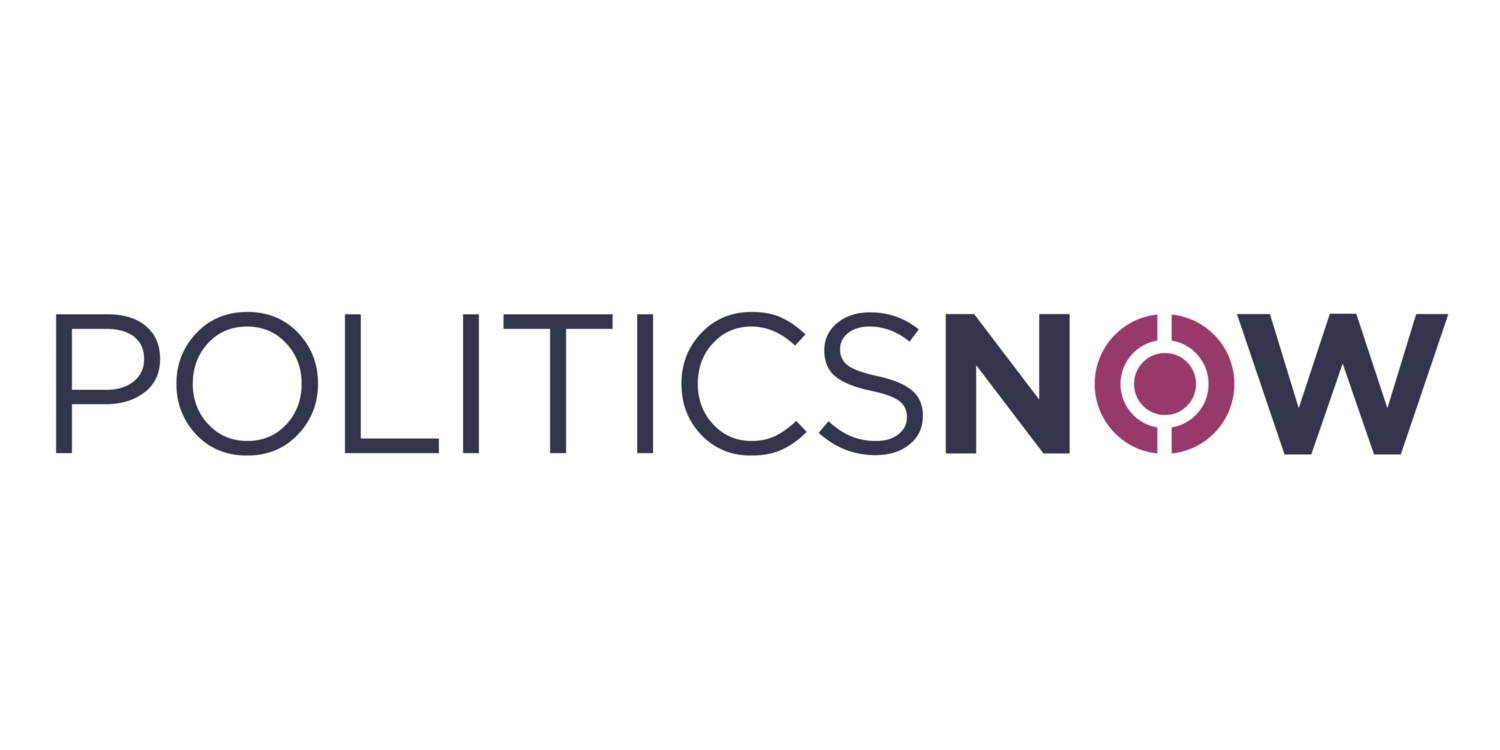Lindsay Koch is running for Council in Kenora.
Lindsay Koch (she/her) is a working professional, wife, and mother who jumped into giving back to her community following university through participation in various boards and committees related to economic development and tourism, business development, arts, community service, and social services, in addition to working with various groups on their fundraising efforts. Lindsay is a life-long learner who believes that when you know better, you do better. Relevant strengths include a background in policy and governance, open-mindedness and a willingness to consider other perspectives, the ability to respectfully engage in challenging debates and discussions, and most importantly, the drive to do what it takes to take care of what we have and grow to make us better.
Why are you running for this position?
I’m running because it feels like Kenora is at a turning point - we either adjust course now or we continue down what’s not a very promising-looking rabbit hole. This community is asking for change, innovation, and a council who will listen to hear them, and I’m ready to work for all of that.
What innovative projects would enhance life in your municipality?
Infrastructure to support active transportation and enhanced ways, without barriers, for people to enjoy life outdoors. Isn’t that why many of us live here?
A celebration of culture! We live in Treaty 3 Territory and the Métis homeland. We are surrounded by land and knowledge keepers and we know the importance of keeping language and culture alive for generations to come. There are so many ties to reconciliation in this work.
If you received a $1 million grant to use for your municipality any way you wanted, what would you do with it?
$1 million doesn’t go a long way, but I would earmark it for delivering infrastructure to developable land to support increased housing availability.
What do you think are the greatest challenges your municipality faces?
Unity - Kenora feels fractured. Forward motion, innovation, and development only happens when we can come together to achieve long-term, common goals. Recognizing that not everyone will agree on priorities, but that everything is interconnected. There are big picture issues like housing, homelessness, mental health and addictions issues in our downtown, and other competing priorities like road maintenance, tax and service inequities.
All of these issues and the varying perspectives around them feel completely splintered and a bit like no matter which is tackled first, it’s not going to be the right answer.
Other than the official communication methods (minutes, municipal notes), how else will you reach out to your constituents to involve them in the decision making process?
I like the idea of some kind of in-person event periodically where community members can come talk to Council and Municipal leadership informally.
I know this says “other than official ways,” but I think there’s something to be said for reviewing the official ways and ensuring they’re digestible by highlighting some of the main things people want to know like timelines, where the funding comes from, how/if people will be impacted.
I’m not opposed to crowd-sourcing. If the loudest voices are the only ones we’re responding to, I don’t think that’s how we make the best decisions. If there’s a decision to be made that will impact our community, we need more active engagement to seek that feedback - not just wait for complaints to roll in or hope people will fill in a survey.
What is your favourite thing to do in your municipality?
I love to hit the trails - all of them. We’re so lucky to live where we do with all this nature in our backyard.
I also love to grab a coffee from one of our local shops and wander through the small businesses in town with my husband. We love to support local and chat with the owners and people we see along the way. It’s a well-spent Saturday when we do that.
Why do you think it’s important for women to be represented in civic leadership, including on committees, boards and municipal councils?
For me it’s balance - women tend to observe things differently, I find, and give more intentional thought to implementing decisions. Women’s voices are an important piece of the puzzle - how often, even now, are we seeing decisions made that impact women that are based solely on a man’s point of view.
Equally important, women need representation at this level so we can show our young people that they can do this too - no matter how they identify.
Our communities are better when there is diverse representation in civic leadership.
Please identify the most critical policy, project, or initiative in your platform that addresses systemic barriers faced by women in your municipality, and describe why:
I think most visibly for Kenora, it’s that nearly half of those seeking a seat at the council table are women. We’re talking with one another and sharing publicly that ‘the way things are’ doesn’t have to be the only way they can be. We’re working professionals, mothers; we have families and commitments and call on the City structure and voters in Kenora to stand alongside us as we call for change and representation. While this isn’t directly platform material, there’s a big statement being made here about there being room for women at all levels of leadership and government and that we’re willing to show up where and when it matters because that’s how we do life.
Social Media Handles
Where can people find you?
www.lkochkenora.wixsite.com/2022
I will be at the Olfman Pop-Up shop on Monday, October 17th, from 10am -5pm at 239 2nd St S in Kenora and at any candidate forums our community chooses to host.


